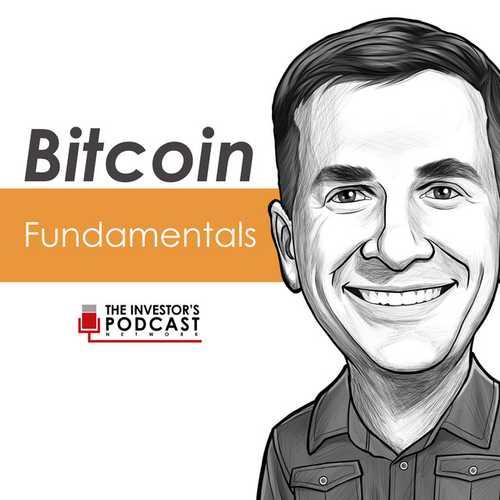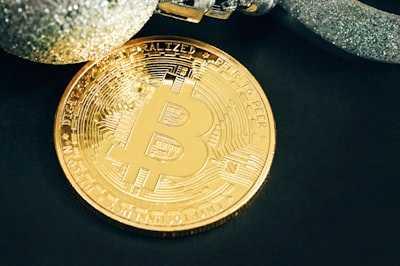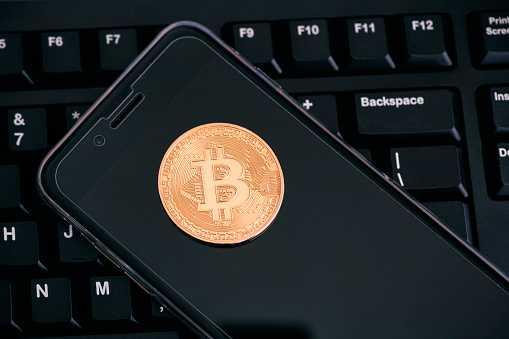A Masterclass in Economic Calculation (Bitcoin Podcast)
Curated from: We Study Billionaires - The Investor’s Podcast Network
Ideas, facts & insights covering these topics:
12 ideas
·7.77K reads
34
Explore the World's Best Ideas
Join today and uncover 100+ curated journeys from 50+ topics. Unlock access to our mobile app with extensive features.
Defining inflation
The consumer price index (CPI) is a poor inflation metric. The goods in it are picked so that it cannot indicate any inflation and thus permit money printing to go unchecked.
Inflation is the rate of price appreciation in a basket of goods, services or assets that you want to acquire in the future.
For example, if you want to live with your parents in the basement of their house, you don’t need a house or beachfront property and don’t intend to pay for electricity or utilities. For you, inflation will be the cost of beer, Netflix, youtube. The things you have to pay for is inflation to you.
70
794 reads
Preserving the value of treasury over time
Three scenarios for CEOs:
- In a deflationary currency environment, the prices of goods and services will decline, and the currency will appreciate. If I keep the money and wait, the value of my money will accrete.
- If monetary expansion equals economic growth, e.g., banks print 2% more currency, and the economy grows 2%, then treasury will remain stable.
- In a stagnant economy, the currency can rise to 5% a year. But if the economy grows less, the prices appreciate for anything scarce like an original Picasso, but will not appreciate for mass-produced goods/services, such as copies of a Picasso.
71
684 reads
Technology turns products into energy
Technology companies take products and services and turn them into information networks. As a result, whatever they touch becomes deflationary while they become billion-dollar companies in the process.
For example, Google dematerialised every library and every piece for every book, information, video, and music. Everything that Google, Apple, Facebook or Amazon touched became deflationary. The variable cost of sending a Netflix movie to a million people is the cost of electricity.
75
597 reads
Bitcoin as a scarce asset
When you compare Bitcoin to other assets, Bitcoin is a scarce piece of property.
Bitcoin is liquid, global, fungible, there’s no property tax on it, no state taxing. It’s hard to produce Bitcoins.
68
632 reads
Economic calculation
Monetary expansion was 24% in 2020, with a forecast of 10% to 15% for the next five years. Under 15% annual money supply expansion, if a company makes a 5% margin on its business, it will lose 10% of its value every year. That means in four years, half of its wealth will be destroyed.
If you want to preserve your wealth, you have to beat the hurdle rate (the minimum rate of return on investment) and risk premium.
72
526 reads
Store of value buckets
The main store of value buckets are fiat instruments, such as bonds, stocks and commercial real estate.
For bonds: Investors will have to beat the hurdle rate or drop interest rates.
For commercial real estate: Rent has to keep up with the hurdle rate.
67
490 reads
The Road to Serfdom consists of working exponentially harder in order to earn a currency growing exponentially weaker
MICHAEL SAYLOR
67
508 reads
The road to ruin
When we raise the hurdle rate, individuals have to work harder or take more risks. They have to compete against big tech companies that have money and power, resulting in many small businesses getting crushed.
To preserve value, companies will either have to leverage up to buy back stock or perform acquisitions. But integrating two companies has a 90% failure rate. Worse is that companies borrow money to buy another company. That is a road to ruin.
69
432 reads
Bitcoin as a solution
Cash is a liability, not an asset. Therefore, every fiat instrument based on cash should be discounted at 15% per year, such as stocks, bonds, and real estate.
While Bitcoin is volatile short-term, it is always worth more over five years.
If you generate cash flows in fiat currency that are growing slower than the hurdle rate, you can fix the problem by putting your cash into Bitcoin. Conservative bitcoin growth is estimated at 20% per year; consequently, the yearly income will surpass the company value.
73
442 reads
Big tech adopting Bitcoin
Bitcoin is a growing asset. It’s also the world’s first engineered monetary network that is growing faster than 100%. Corporations can add their balance sheets or PnL into this monetary network.
Square and PayPal compete against both big tech companies and banks. They offer their customers a savings account in Bitcoin that accretes 100% per year tax-free. (Compare that with a bond that offers a 10% taxable return.)
To keep up with competition, Apple or Goole will have to offer Bitcoin as that is what people want.
70
427 reads
Mutual funds, public companies and Bitcoin
To stay competitive, the mutual fund business needs to build bitcoin into their product offering. Similarly, traditional banks have to build bitcoin into their business, such as trading, banking, lending, yield, custody, etc.
People will know that public companies can buy bitcoin and then realise they can use debt to buy it. While retirement and investment funds can’t buy bitcoin directly, they can buy publicly traded stocks and look for companies with bitcoin exposure.
69
442 reads
IDEAS CURATED BY
CURATOR'S NOTE
A discussion on inflation, hurdle rates, and the mass adoption of Bitcoin.
“
Lauren Ford's ideas are part of this journey:
Learn more about crypto with this collection
Understanding the basics of cryptocurrency
How to store cryptocurrency securely
Risks and benefits of investing in cryptocurrency
Related collections
Similar ideas
10 ideas
#796 Why Memes Rule The World w/ Luke Burgis
open.spotify.com
9 ideas
4 ideas
How to Improve Sleep and Reduce Stress with Dr. Andrew Huberman
The Tim Ferriss Show
Read & Learn
20x Faster
without
deepstash
with
deepstash
with
deepstash
Personalized microlearning
—
100+ Learning Journeys
—
Access to 200,000+ ideas
—
Access to the mobile app
—
Unlimited idea saving
—
—
Unlimited history
—
—
Unlimited listening to ideas
—
—
Downloading & offline access
—
—
Supercharge your mind with one idea per day
Enter your email and spend 1 minute every day to learn something new.
I agree to receive email updates







